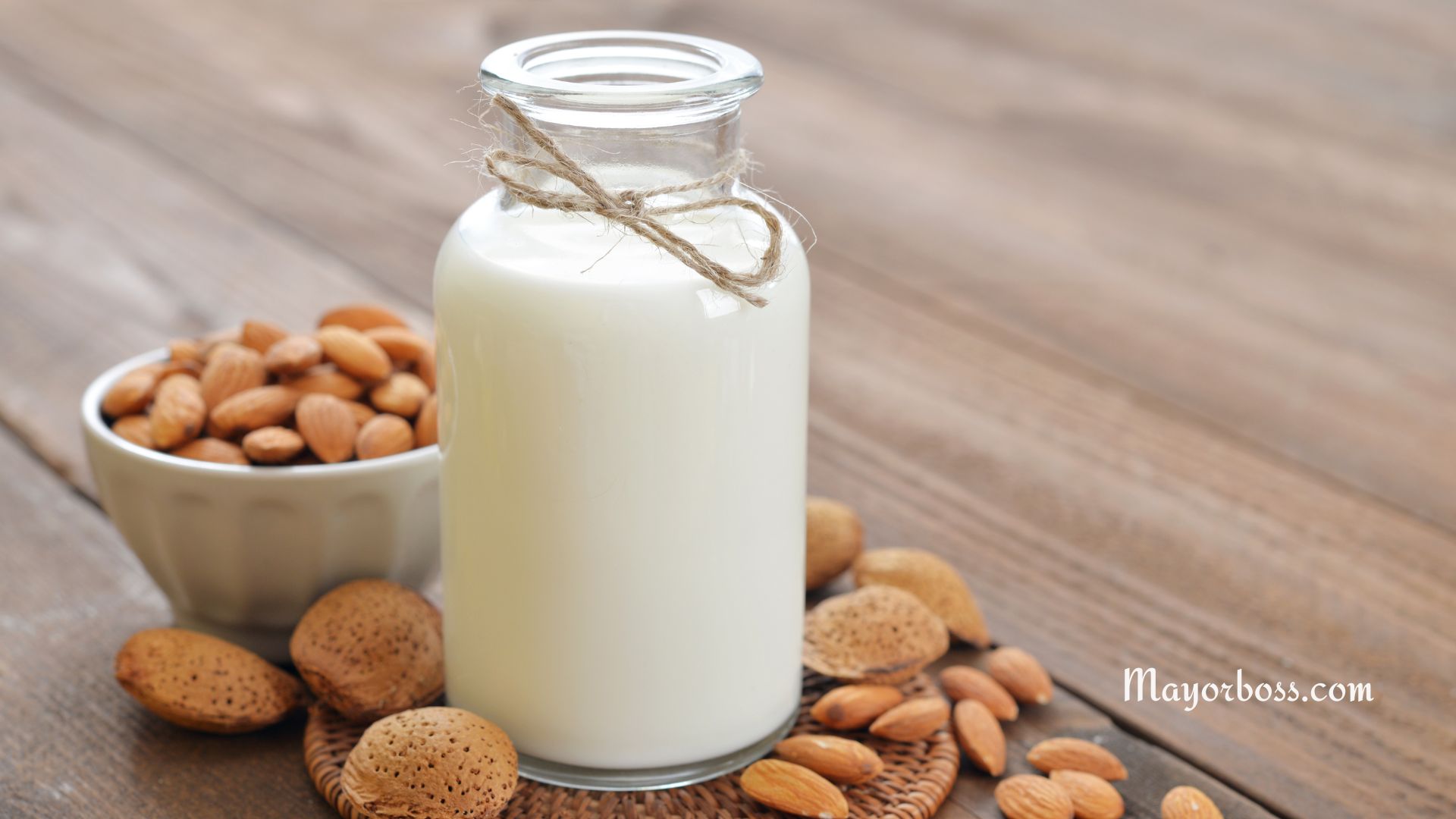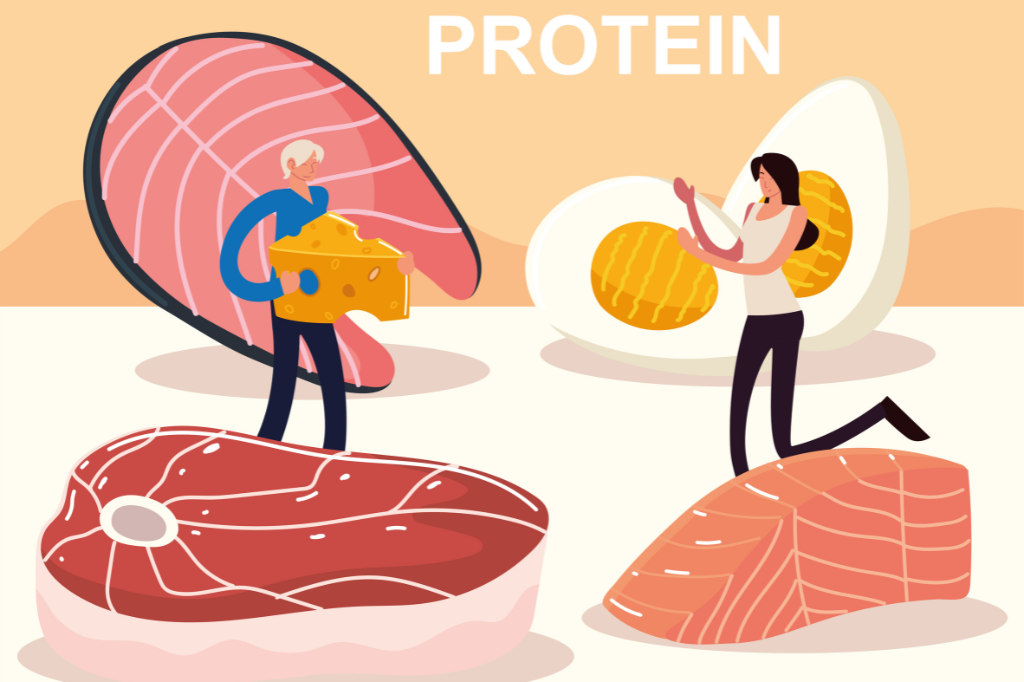9 Health Benefits of Eating Watermelon
As you’re enjoying that juicy slice of watermelon on a hot summer day, have you ever stopped to consider the health benefits it could be offering? Well, according to Dr. Mayor Boss, a Pharmacist with a Ph.D. in Pharmaceutical Sciences, this refreshing fruit provides more than just a thirst quencher; it’s packed with essential nutrients that can boost your health in various ways. Let’s delve into these health benefits of eating watermelon.
What is Watermelon?
First things first, let’s define what we’re talking about. Watermelon is a sweet and juicy fruit, famous for its high water content and refreshing taste. While most people think of watermelon as a great way to cool off during the heat, its health benefits often fly under the radar.
Nutritional Profile of Watermelon
Before we start exploring the health benefits, I think it’s important to familiarize ourselves with what’s in this fantastic fruit. A serving size of approximately 154g of watermelon contains:
- 46 calories
- 0.6g Protein
- 0.2g Fat
- 11.5g Carbohydrate
- 170mg Potassium
- 12.3mg Vitamin C
Remember, these nutritional values may vary depending on the watermelon’s size and ripeness. Now, let’s get into the health benefits.
9 Main Health Benefits of Eating Watermelon
1. Hydration
One of the most obvious benefits of eating watermelon is its ability to keep you hydrated. Watermelon is approximately 92% water, making it a delicious way to replenish fluids in your body, especially during hot weather.
2. A Good Source of Vitamins and Minerals
Watermelon is a treasure trove of vitamins and minerals that are essential for your body. It’s rich in vitamin C, which boosts your immune system, and potassium, which helps control your body’s water balance.
3. Aids Digestion
Due to its high water content and fiber, watermelon promotes healthy digestion. Consuming this fruit can help prevent constipation and promote regularity in bowel movements.
4. Skin and Hair Benefits
Vitamins A and C present in watermelon contribute to skin and hair health. Vitamin A helps keep your skin moisturized, and vitamin C assists in collagen production, which keeps your skin supple and your hair strong.
5. Can Help Improve Heart Health
Watermelon is also known to help lower inflammation and oxidative damage, which are the key drivers of heart disease. It’s packed with lycopene, a type of antioxidant known for its heart health benefits.
6. May Lower Inflammation and Oxidative Stress
Watermelon is rich in anti-inflammatory antioxidants like lycopene and vitamin C. These compounds help reduce inflammation and oxidative damage, potentially reducing the risk of chronic diseases.
7. May Help Prevent Macular Degeneration
The lycopene in watermelon is beneficial for our eyes as well. It helps protect against oxidative damage that could lead to macular degeneration, one of the most common causes of blindness in older adults.
8. Supports Muscular Health
Watermelon is a tremendous source of citrulline, an amino acid that is converted into arginine in our bodies. These compounds play a crucial role in maintaining our muscles healthy, especially after workouts.
9. Might Aid in Weight Loss
Being low in calories and high in water, watermelon can be an excellent addition to a weight loss diet. It’s also rich in dietary fiber that keeps you feeling full for longer, thus reducing overeating.
Precautions and Final Thoughts
While watermelon offers numerous health benefits, moderation is key. Consuming it in excessive amounts can lead to issues like bloating or an overload of certain nutrients.
Further Reading: 7 Reasons to Eat More Watermelon This Summer






